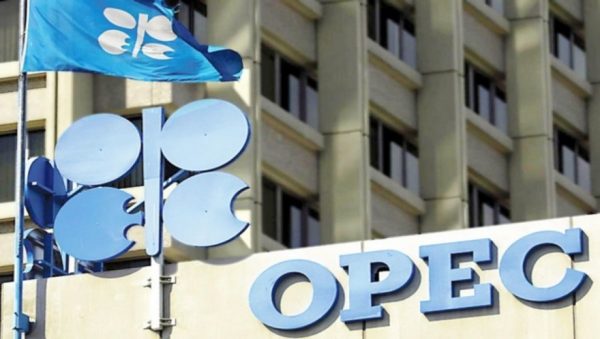
OPEC+ Set To Meet Today As Oil Prices Recover
Oil prices recovered after a turbulent session as traders counted down to the Organisation of Petroleum Exporting Countries and allies (OPEC+) meeting which is set to hold today over September supply.
West Texas Intermediate futures climbed more than two per cent, having lost almost five per cent on Monday, as broader markets steadied, Bloomberg reported.
By yesterday afternoon, WTI had reclaimed a price above $95 per barrel, gaining 2.15 per cent on the day to reach $95.91 per barrel while Brent crude rose $2 to hit $102.00 per barrel.
Both benchmarks were trading down earlier in the week on disappointing data from China that suggested the demand for crude was easing.
But oil-watchers were skeptical that OPEC+ would answer President Joe Biden’s call for more oil supplies when it meets, expecting the coalition to preserve its remaining capacity for another time.
Oil opened August on a weak footing after declining the prior two months on demand concerns. The drop has wiped out almost all of the gains seen since Moscow’s invasion of Ukraine in late February.
The OPEC+ meeting came after US President Joe Biden urged Saudi Arabia to pump more oil on a visit to the kingdom last month. The alliance has already agreed to return all the supplies it took offline following the outbreak of the pandemic, although some members like Nigeria have been unable to meet quotas in full.
In the meantime, BP’s second quarter profit soared to $8.45 billion, its highest in 14 years, as strong refining margins and trading prompted it to boost its dividend and spending on new oil and gas production.
The strong performance capped a blowout quarter for the top Western oil and gas companies on the back of soaring energy prices.
“The company is running well and it continues to strengthen. We have real strategic momentum,” Chief Executive Officer Bernard Looney told Reuters.
Read Also: Nigeria’s Oil Output Drops By 23.8% To 1.024m bpd — OPEC
Looney, who took office in 2020 with a vow to rapidly shift BP away from fossil fuels to renewables, said that the company will increase its spending on new oil and gas by $500 million in response to the global supply crunch.
“We will direct more investment towards hydrocarbons to help with energy security in the near term,” Looney said. “We’ll probably direct about a half a billion dollars for hydrocarbons,” he added.
BP plans to maintain its overall capital expenditure this year in a range of $14 billion to $15 billion.
The surge in revenue also allowed BP to sharply reduce its debt to $22.8 billion from $27.5 billion at the end of March.
The company brings the second quarter profit tally for the top Western oil and gas companies to $59 billion after rivals including Exxon Mobil and Shell reported record earnings last week.
Its underlying replacement cost profit, its definition of net earnings, reached $8.45 billion in the second quarter, the highest since 2008 and far exceeding analysts’ expectations of $6.8 billion.
